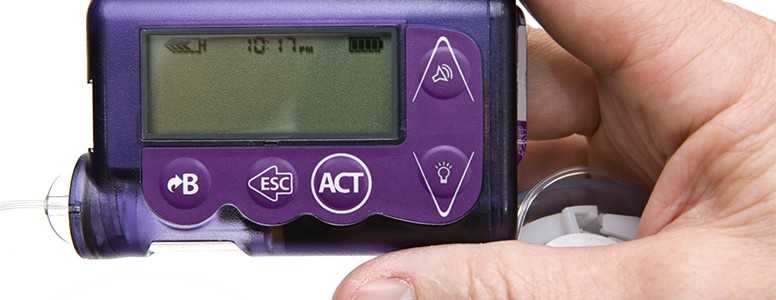The diabetes drug semaglutide could be the first GLP-1 receptor agonist to be developed that can be taken orally.
Novo Nordisk, the manufacturers of semaglutide, hopes that this new way of taking the drug could prevent people with type 2 diabetes from having to take injections.
GLP-1 agonist drugs are effective in reducing body weight and reducing blood glucose levels, but all of the drugs must be injected.
In this new phase II clinical trial, four different doses of oral semaglutide (2.5mg, 5mg, 10mg and 20 or 40mg) were compared to four doses of injected semaglutide (1mg) and a placebo.
632 adults with type 2 diabetes of six to seven years’ duration were enrolled for the study. All participants managed their type 2 diabetes with lifestyle with or without metformin.
The higher doses of oral semaglutide led to greater reductions in body weight and blood glucose levels, and the highest dose produced similar results to injected semaglutide.
Patients who took the higher doses of oral semaglutide were more likely to experience side effects than those on the lower doses.
Because patients had to take the oral semaglutide 30 minutes before eating, the researchers noted that this routine may not be followed so vigilantly outside of clinical trials.
Further trials will now test oral semaglutide on a larger number of participants in phase III trials. This will enable a more comprehensive analysis of the drug’s safety to be conducted.
The findings were presented on Sunday April 3 at ENDO2016, the annual meeting of the Endocrine Society.
What's new on the forum? ⭐️
Get our free newsletters
Stay up to date with the latest news, research and breakthroughs.





